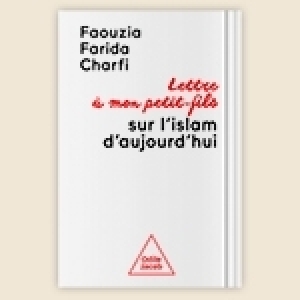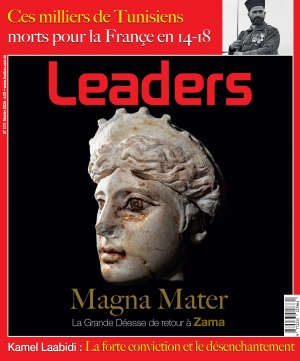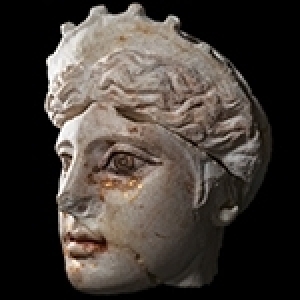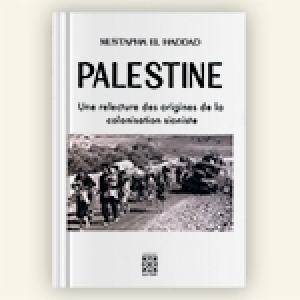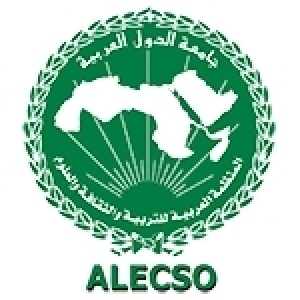A propos des restes supposés d'Hannibal et de la paix entre Carthage et Rome
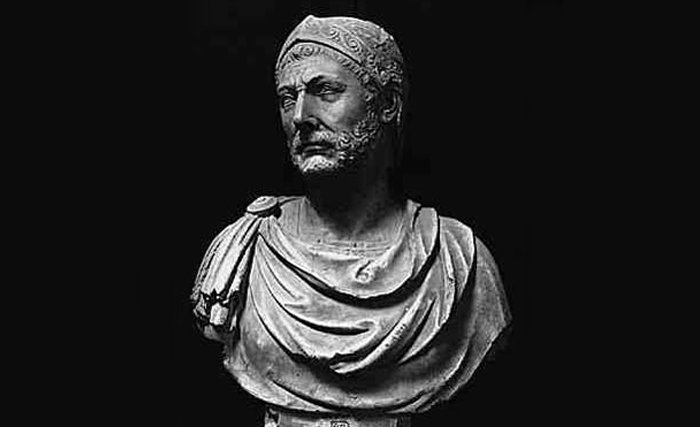
On nous annonce que les restes d’Hannibal mort par suicide quelque part en Turquie (1) où il avait trouvé refuge après sa défaite contre les Romains à Zama près du Kef seront rapatriés en Tunisie et que la fin des guerres puniques sera à cette occasion sera proclamée officiellement.
Si nos souvenirs sont bons, les restes supposés du général carthaginois ont été rapatriés en Tunisie en 1968 et un accord de paix entre Rome et Carthage a été signé en février 1985 à Dar Dhiafa à Carthage entre Chedli Klibi, alors maire de Carthage et Ugo Vetere, maire de Carthage, mettant ainsi symboliquement fin à l'état de guerre entre les deux grandes puissances de l'antiquité.
(1) les historiens sont partagés sur le lieu de sa tombe.
- Ecrire un commentaire
- Commenter

Qu´est-ce qu´on allait mettre dans l´accord de paix entre la Tunisie et l´Italie. Pourquoi il n´y ait pas eu un accord de paix en son temps, c´est peut être ils n´étaient pas d´accord sur le probleme des reparations de guerre, celles devraient être rendues á la Tunisie, je veux dire les reparations non justifiées de guerre imposées par Rome après la guerre á Zama.

...vos souvenirs sont "bons".Et suit -à toute fin utile- la relation que j'ai faite alors en ma qualité de correspondant de l'agene AP ROME AND CARTHAGE SIGN PEACE TREATY ENDING PUNIC WARS AFTER 2,131 YEARS HABIB FAKHRI, Associated Press Feb. 5, 1985 1:12 PM ET TUNIS, TUNISIA (AP) _ More than 2,000 years ago the Romans overpowered the Carthaginians, razed their ancient capital, plowed its ruins into the earth and sowed the soil with salt so nothing could grow again. On Tuesday, modern Rome and Carthage finally signed a peace treaty bringing the Punic Wars to an end. The treaty and an accompanying pact of friendship and cooperation were signed in a government villa by Ugo Vetere, the mayor of Rome, and Chedli Klibi, mayor of modern Carthage, which was rebuilt over the centuries on the ruined site in North Africa. Vetere and Klibi, who is secretary-general of the Arab League, said the idea of concluding a peace treaty between the once warring cities dated from the 1960s. Carthage, now a suburb of the Tunisian capital, was founded by Phoenicians from Tyre in the 9th century B.C. and became a powerful trading state, controlling North West Africa and much of the Mediterranean. Rome was conquering Italy and the two first clashed over Sicily in 264-241 B.C. - the first of three Punic Wars that pitted the two commercial powers in a battle for dominance of the Mediterranean for 118 years. When the Carthaginians invaded Spain in 219 B.C., Rome declared the second war, one of the titanic struggles of history. Hannibal, the great Carthaginian general, led his troops with elephants and a full supply train across the Alps in an attempt to conquer Italy, but was finally defeated in Africa in 202 B.C. In 157 B.C., the Roman senator Cato the Elder visited Carthage, which was still a rich mercantile power. Returning to Rome, he ended every speech in the Senate with the phrase: ''Delenda est Carthago'' (Carthage must be destroyed). Rome started the Third Punic War in 149 B.C., alleging a breach of treaty. After their final victory in 146 B.C., the Romans razed the city. But on the ground where nothing was ever to grow again, a Roman city was built a hundred years later, to become in time an Arab center. Now, Tunisian President Habib Bourguiba's seafront palace borders major archaeological sites at Carthage where teams from nine nations, coordinated by the U.N. Educational, Scientific and Cultural Organization are exploring the ruins. Bourguiba received Vetere at the palace after Tuesday's signing ceremony, telling him the peace treaty would ''wipe out the memory of the old Punic Wars between Carthage and Rome and contribute to reinforcing the relations of friendship and cooperation between the two cities.'' Bourguiba, 82, said ''the Mediterranean must remain a haven of peace and well-being.'' The Mediterranean, replied Vetere, now is a meeting point ''not only for the nations of the region but for the whole world.' AP-HF

"A toute fin utile" je me permets de faire cette Remarque sur le traité de paix en Italie. La replique de Mr.Vetere á la declaration de Bourguiba va dans le sens qu´il aime., car á mon sens elle ne veut rien dire: "The Mediterranian now is meeting point "Not only for the nations in the region but for the whole world". Quelle rassemblement, c´est la paix platonique.


